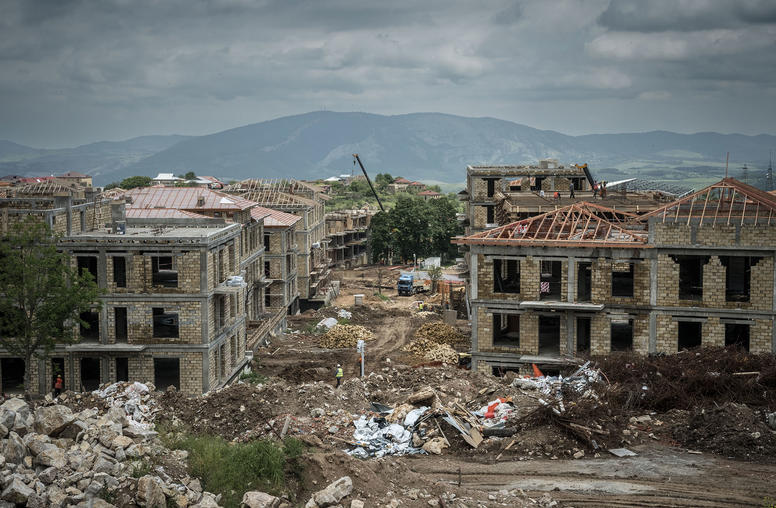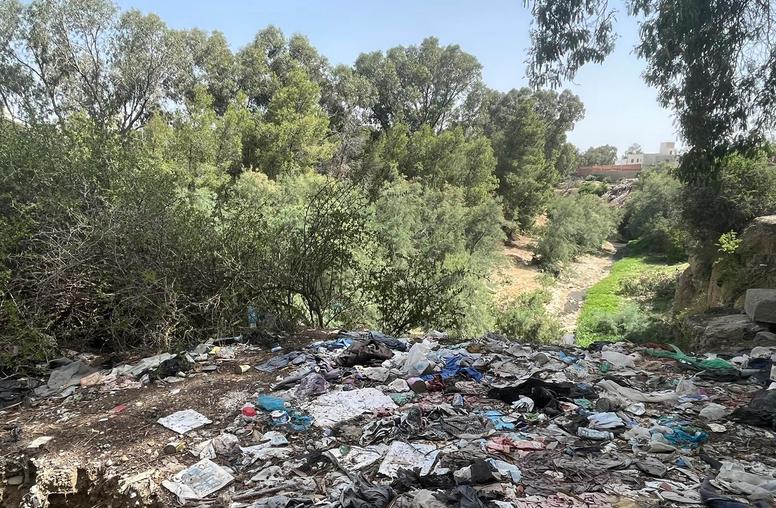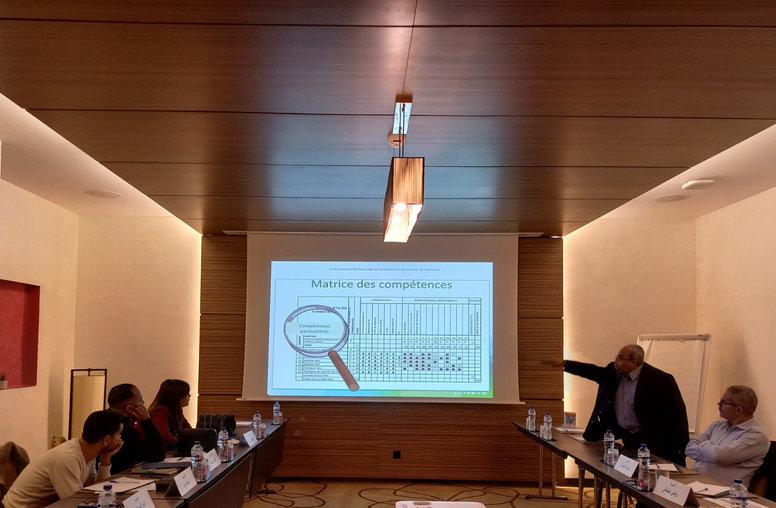 Democracy & Governance
Democracy & Governance
Democracy embodies responsive and responsible governance, rule of law, human rights, civic participation and peaceful transfers of power through electoral processes. Each of these underpins a peaceful and stable society. The U.S. Institute of Peace teaches democratic principles and democratization processes and techniques that are critical to both peacebuilding and effective governance. USIP seeks to strengthen governance by supporting inclusive, accountable institutions and a robust civil society. These in turn uphold human rights, justice and the rule of law, and promote public participation in social and political processes.
Featured Publications

Baghdad Is Ready for a New Chapter in U.S.-Iraq Relations
Iraqi Prime Minister Mohammed Shia al-Sudani met last week with U.S. President Joe Biden at the White House as part of a weeklong visit aimed at strengthening bilateral relations. The visit occurred amid several historic anniversaries and dangerous developments in the Middle East. April marks the 21st anniversary of the toppling of Saddam Hussein. Since 2003, the U.S.-Iraq relationship has witnessed many ups and downs. Even as tensions persist, particularly in relation to the U.S. troop presence in the country, al-Sudani’s visit — which featured the largest delegation Iraqis have brought to Washington — demonstrates Iraqi will to start a new chapter in the strategic partnership that goes beyond security.

Sometimes the Good Guys Win: Five Lessons from Guatemala’s 2023 Election
When Bernardo Arévalo won the presidency last year, it left Guatemala’s corrupt old guard reeling. Arévalo and his anti-corruption Semilla Movement posed a direct threat to the power of Guatemala’s “pacto de los corruptos” — an alliance of government officials, politicians, prosecutors, judges, party financiers, state contractors and some wealthy families. The pact mobilized to overturn the election results. But Guatemala’s civil society, backed by U.S. and broader international support, was able to uphold the elections and advance democracy in the Central American nation.

For Peace in Africa, Boost Regional Blocs — Like West Africa’s ECOWAS
As the United States and international partners work to stabilize Africa’s Sahel region — and to prevent its warfare, violent extremism and armed coups from metastasizing into Africa’s densely populous and strategic Atlantic coast — the West African multinational bloc, ECOWAS, has proven its value in resolving crises and promoting stability. Yet, as global security threats have evolved, ECOWAS, like other multinational bodies, needs updated capacities to meet new challenges. International democracies’ most effective initiative to support West Africa’s stability would be to partner with West Africans to strengthen their vital regional community. A similar strategy is valid across Africa.
Current Projects

Peacemaking in a Turbulent World: Lessons from Intrastate and Interstate Conflicts
Peacemaking in a Turbulent World answers the following central question: What lessons for effective management of intrastate conflicts emerged from the post-Cold War period that are relevant for managing contemporary conflicts which include intrastate, internationalized (featuring direct engagement by outside powers), and interstate conflicts?

Local Solutions for Tunisia’s Environmental Crises
In partnership with USAID, USIP is embarking on an innovative, experimental project that will support Tunisia’s local governments and civil society as they co-develop and implement solutions to environmental governance challenges that are exacerbating fragility and heighten ing exposure to climate shocks.

Tunisia Security Sector Training Reform
Since 2016, USIP and the Tunisian Ministry of Interior have been working in close partnership to collaboratively build a robust public-service oriented policing model in alignment with democratic norms and national and international standards. As part of these endeavors, with support from the Bureau of International Narcotics and Law Enforcement Affairs, USIP and the Tunisian National Guard launched a three-phased initiative to reconceptualize their training system, reinvigorating ongoing efforts to improve operational capacity in the field while upholding core values of accountability, transparency and human dignity.